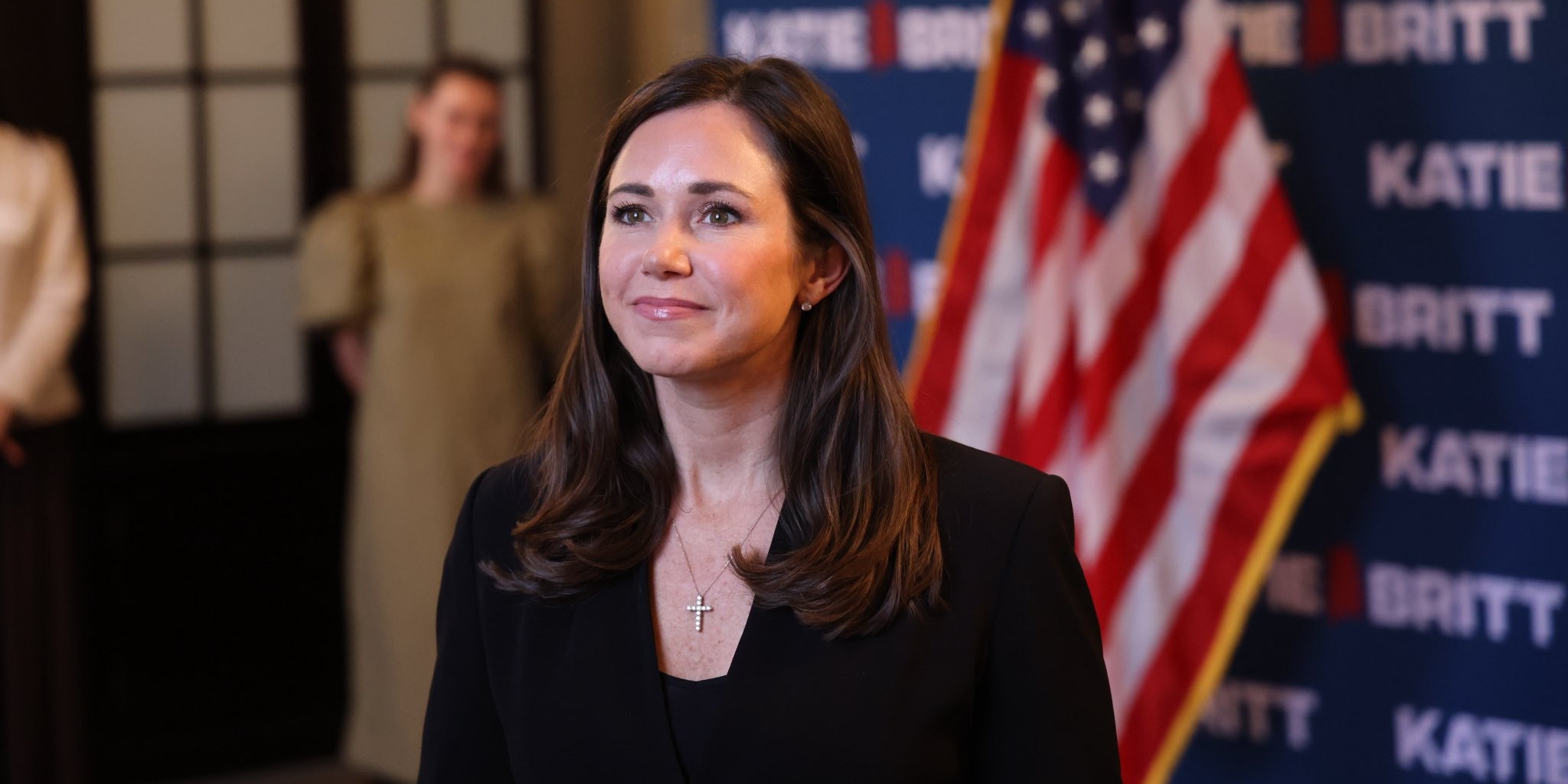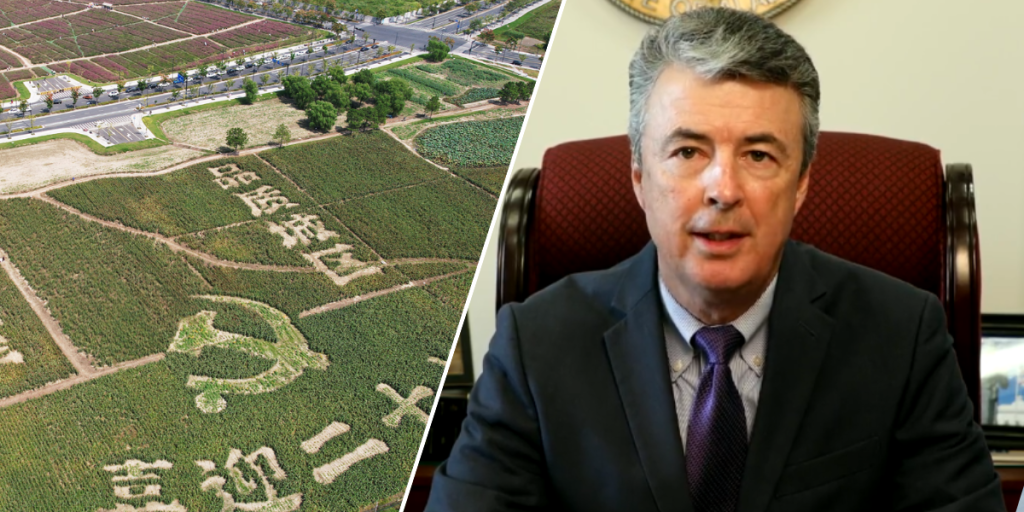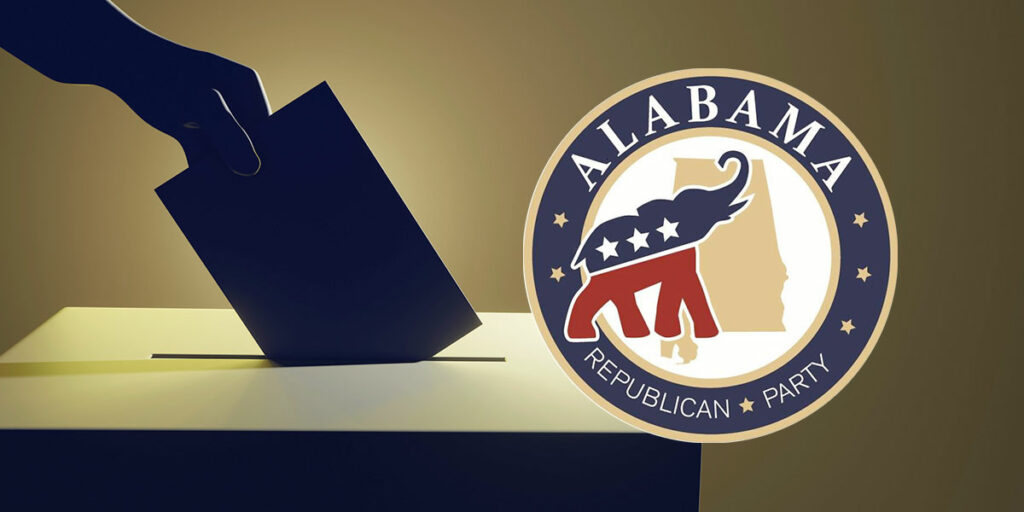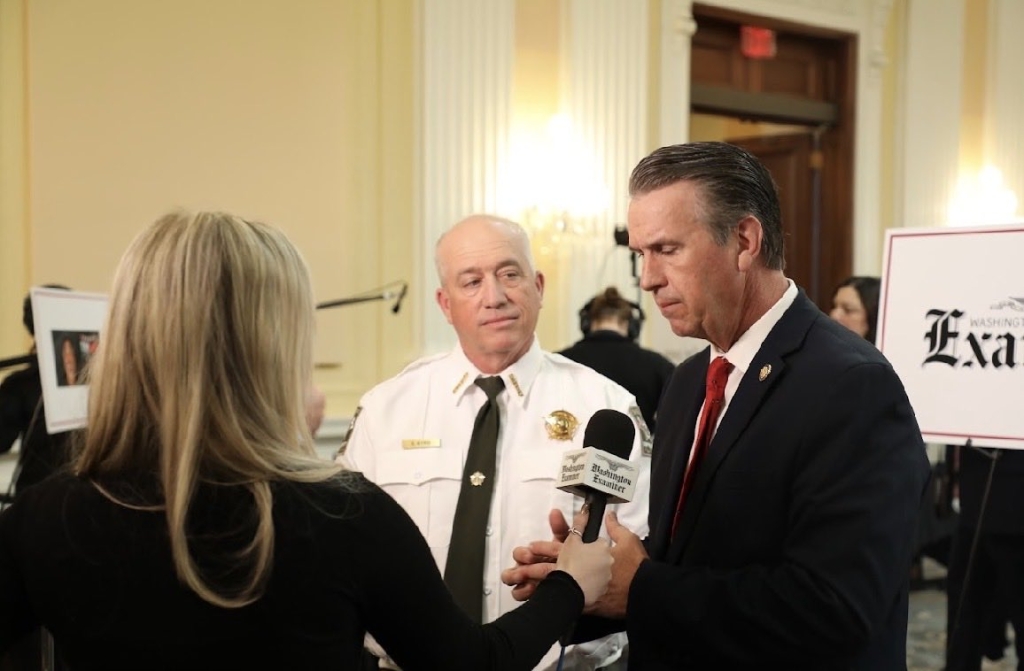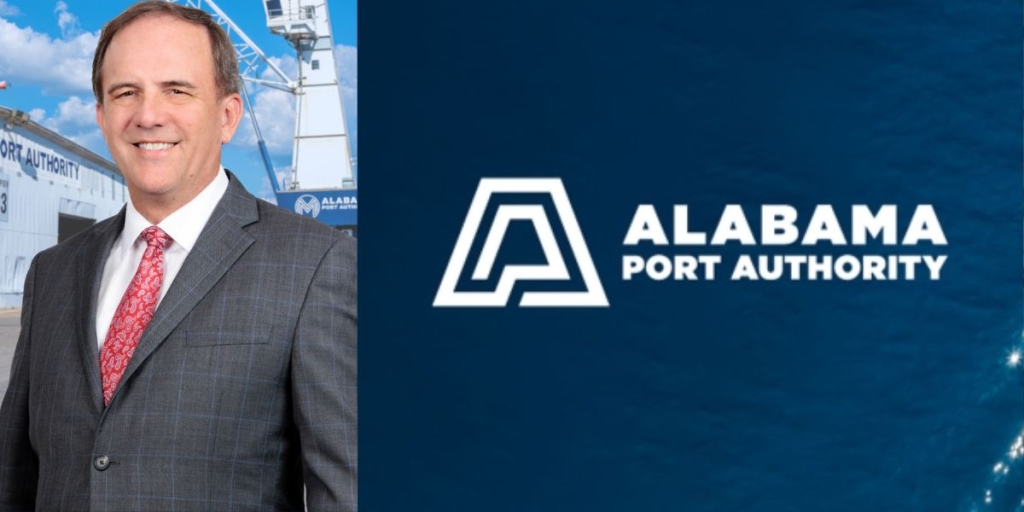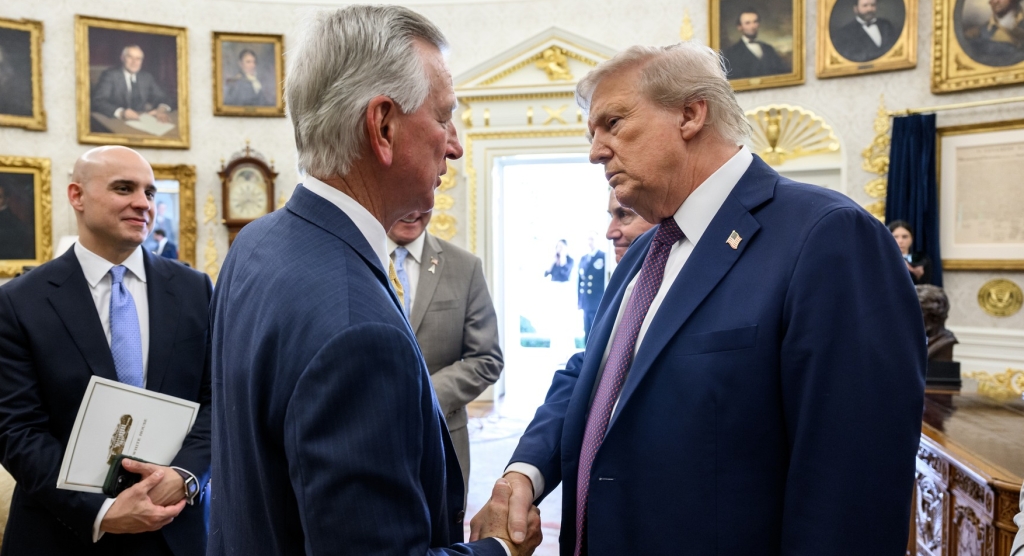I am certain that this exact sequence will take place at countless Thanksgiving tables across Alabama today.
After carving the turkey and passing the potatoes, the discussion will somehow turn to politics no matter how hard everyone tries to avoid it, and before you know it, family members from differing parties with opposing opinions will be arguing and yelling over the controversial issues of the day.
It is a symptom of the ultra-partisan times in which we live.
Most of us have had to hide or unfriend someone on Facebook because their political posts were too shrill or the comments they left were far too caustic, and many have fallen into the temptation of simply cutting all contact with anyone who disagrees politically with the beliefs they hold.
But long before this hyper-partisan trend reached holiday family gatherings and social media pages, it first engulfed the committee rooms, corridors, and chambers of the U.S. Congress and made governing nearly impossible.
The best evidence of that fact occurred earlier this year on October 1 when Democrats and Republicans refused to agree on short-term funding legislation and sparked the longest government shutdown in our nation’s history.
For 43 days, thousands of federal employees were furloughed while essential personnel were forced to work without the promise of pay. Government services ground to a halt as entire agencies went dark, national parks and museums were shuttered, and, eventually, food assistance benefits for the poorest Americans were denied.
Back in the 1990s, the term “government gridlock” was coined to describe such situations.
Though Republicans enjoy majorities in both chambers, and the U.S. House had successfully passed a funding measure, the Senate needed eight Democrats to crossover and vote with the GOP in order to meet the 60-vote margin necessary to cloture a filibuster.
Senate Democrat leader Chuck Schumer and his House counterpart, Hakeem Jeffries, shook their first and made demands centering mostly around a continuation of Obamacare tax credits that were set to expire. Neither the Democrats nor the legacy media made mention of the fact that the tax credits were intended to be temporary, not permanent, when originally passed during the COVID pandemic.
Republicans, on the other hand, noted that the House had already passed a funding bill and publicly suggested that Senate Democrats should simply fall in line.
Refusing to talk or negotiate with the other, both sides hunkered down and prepared to wait out the long game no matter how much needless pain their inaction caused for average, everyday Americans and their families.
When it appeared that Hades would freeze over before the shutdown ended, a solution appeared in a small but determined package.
Though she is fiercely Republican, MAGA-devoted, and one of President Trump’s favorite senators, Katie Britt is among the rare D.C. figures who is willing to look past partisanship and build relationships and trust with Democrats who sit across the aisle.
Her famous friendship with Democrat Sen. John Fetterman of Pennsylvania, for example, brings to mind stories about conservative Supreme Court Justice Antonin Scalia and liberal Justice Ruth Bader Ginsburg sharing a close bond, though the ideologies are reversed in this case.
Many pundits believe that Britt’s influence on Fetterman has led him to moderate several of his political views.
Sensing that she was perhaps the only senator with the relationships that could bridge the divide and bring the two sides together, Britt began reaching out to Democrats with whom she was friendly and, over the course of three weeks, engaged in a high-stakes gambit of senatorial diplomacy.
One by one, Democrats in the Senate succumbed to her charm offensive as she offered assurances of trust, engaged in careful negotiations, and served as a courier of messages to the Republican leadership and the White House.
Without once compromising her deeply-held conservative principles and remaining committed to the Trump agenda, Britt secured enough Democrat votes to end the shutdown, and she did it by doing the one thing nobody else in the Capitol was willing to do — talking.
So perhaps we would all be smart to follow Katie Britt’s example at the Thanksgiving table this year, and instead of arguing, yelling, and feuding with family members whose politics are different than ours, try simply talking to them while seeking common bonds, instead.
And when reflecting on the things for which I am most thankful during this holiday, I know one thing that will quickly come to mind — Sen. Katie Britt’s courage to stand up and lead when no one else was willing.
Phil Webb of Heflin, Alabama is president and CEO of Webb Concrete & Building Materials and was appointed by Gov. Kay Ivey to serve as chairman of the Alabama Workforce Board.




